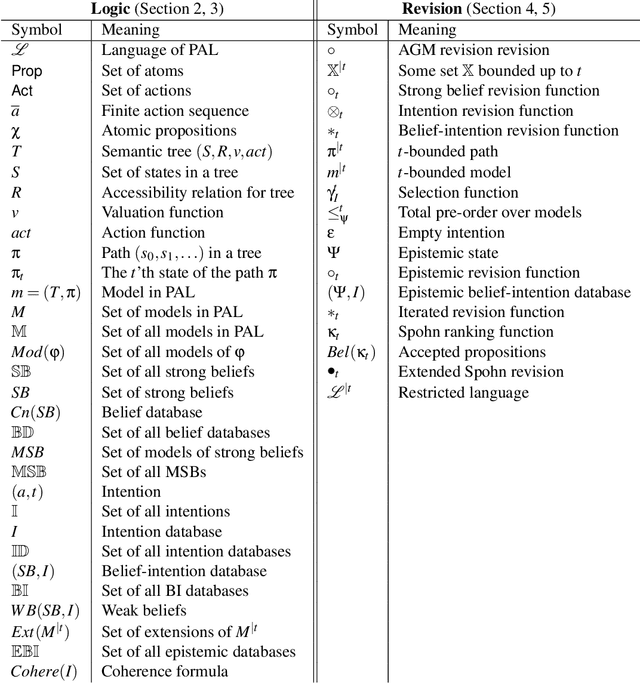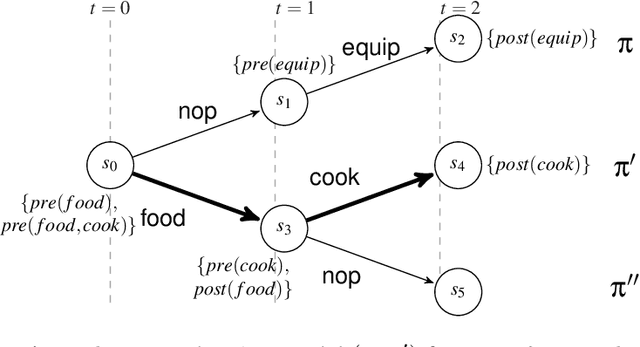Dragan Doder
Temporal Causal Reasoning with (Non-Recursive) Structural Equation Models
Jan 17, 2025



Abstract:Structural Equation Models (SEM) are the standard approach to representing causal dependencies between variables in causal models. In this paper we propose a new interpretation of SEMs when reasoning about Actual Causality, in which SEMs are viewed as mechanisms transforming the dynamics of exogenous variables into the dynamics of endogenous variables. This allows us to combine counterfactual causal reasoning with existing temporal logic formalisms, and to introduce a temporal logic, CPLTL, for causal reasoning about such structures. We show that the standard restriction to so-called \textit{recursive} models (with no cycles in the dependency graph) is not necessary in our approach, allowing us to reason about mutually dependent processes and feedback loops. Finally, we introduce new notions of model equivalence for temporal causal models, and show that CPLTL has an efficient model-checking procedure.
Intention as Commitment toward Time
Apr 17, 2020



Abstract:In this paper we address the interplay among intention, time, and belief in dynamic environments. The first contribution is a logic for reasoning about intention, time and belief, in which assumptions of intentions are represented by preconditions of intended actions. Intentions and beliefs are coherent as long as these assumptions are not violated, i.e. as long as intended actions can be performed such that their preconditions hold as well. The second contribution is the formalization of what-if scenarios: what happens with intentions and beliefs if a new (possibly conflicting) intention is adopted, or a new fact is learned? An agent is committed to its intended actions as long as its belief-intention database is coherent. We conceptualize intention as commitment toward time and we develop AGM-based postulates for the iterated revision of belief-intention databases, and we prove a Katsuno-Mendelzon-style representation theorem.
* 83 pages, 4 figures, Artificial Intelligence journal pre-print
AGM-Style Revision of Beliefs and Intentions from a Database Perspective
Apr 26, 2016
Abstract:We introduce a logic for temporal beliefs and intentions based on Shoham's database perspective. We separate strong beliefs from weak beliefs. Strong beliefs are independent from intentions, while weak beliefs are obtained by adding intentions to strong beliefs and everything that follows from that. We formalize coherence conditions on strong beliefs and intentions. We provide AGM-style postulates for the revision of strong beliefs and intentions. We show in a representation theorem that a revision operator satisfying our postulates can be represented by a pre-order on interpretations of the beliefs, together with a selection function for the intentions.
 Add to Chrome
Add to Chrome Add to Firefox
Add to Firefox Add to Edge
Add to Edge